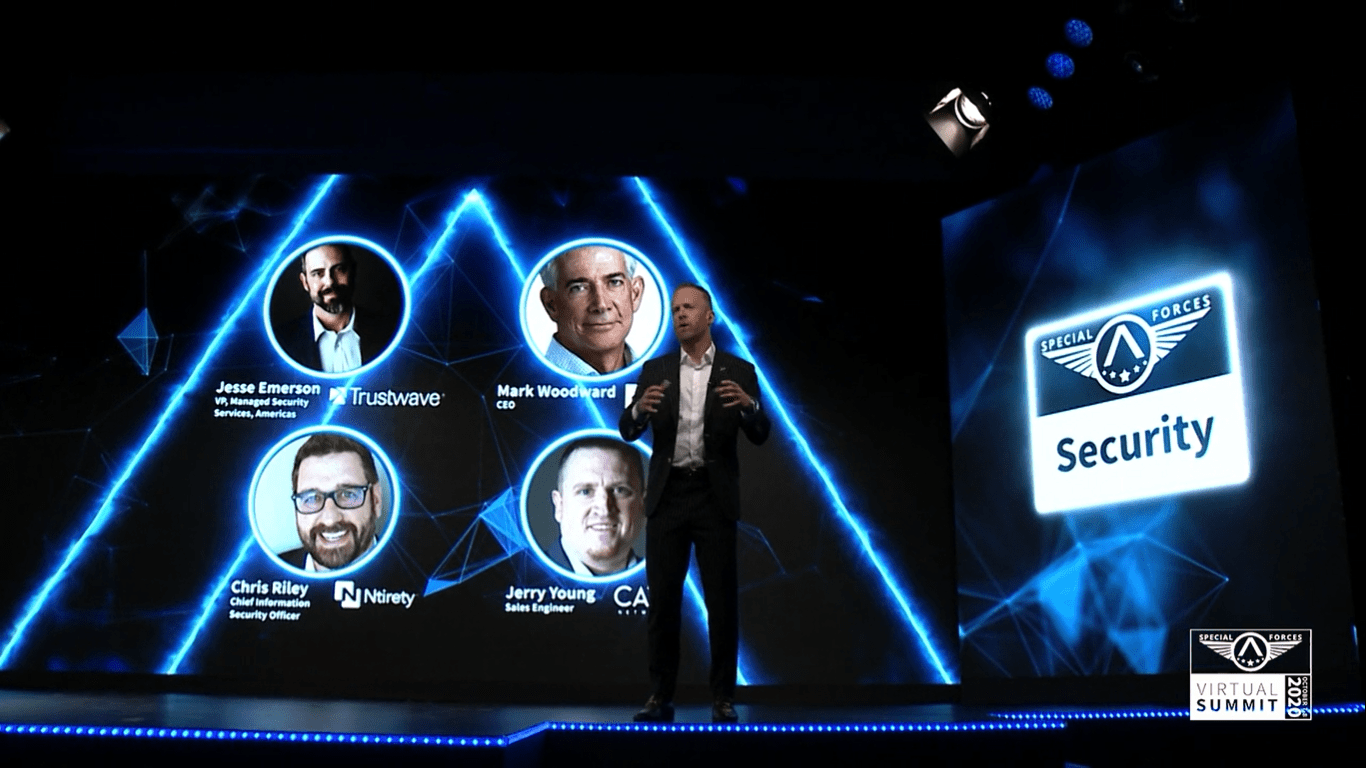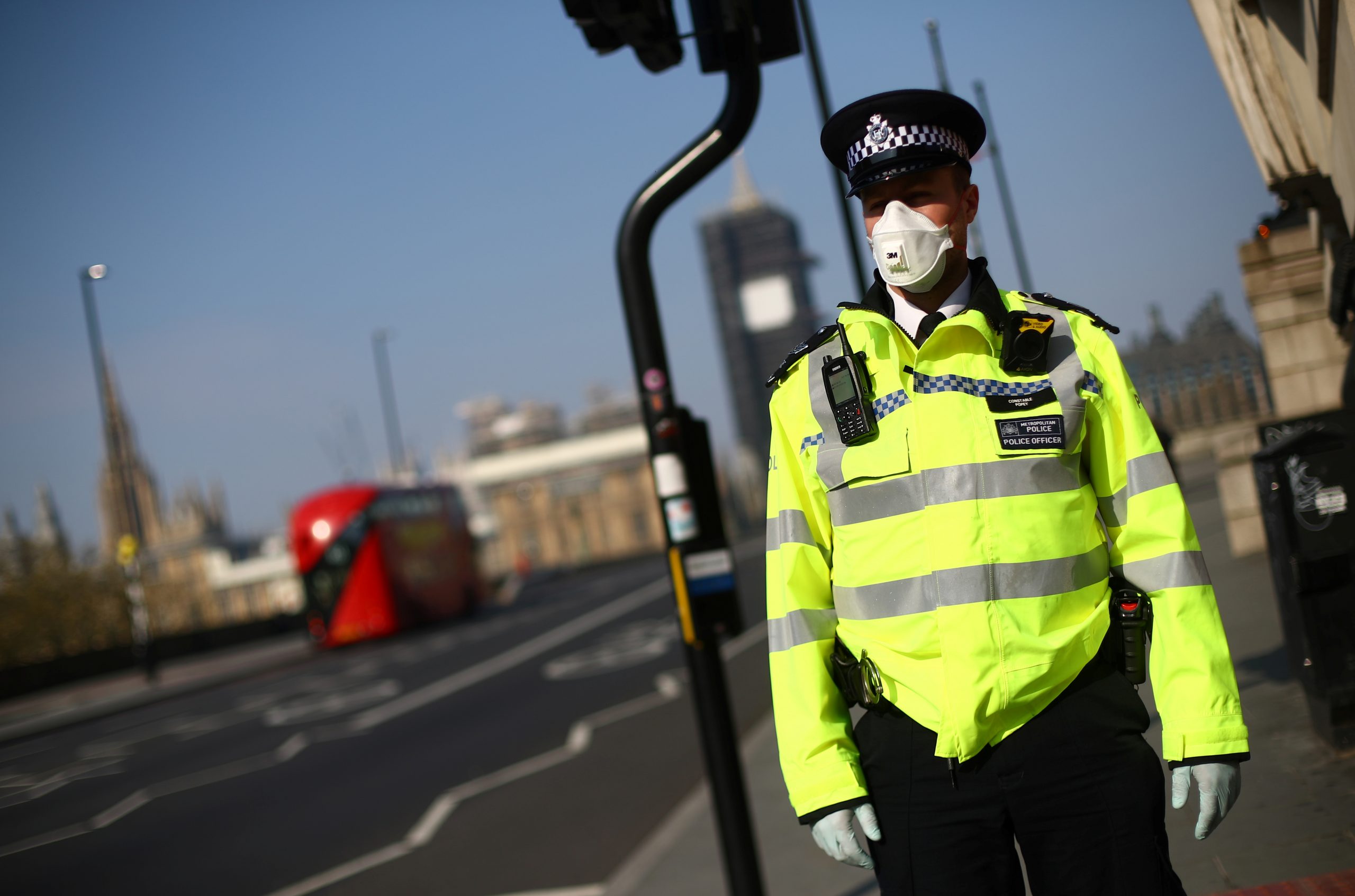

Civilian oversight makes a judgment how well the department is acquitting itself. With that ability come accountability and responsibility.

Mixed models like this one provide reasonable oversight without stripping the police entirely of the ability to self-discipline. The commission itself has an inspector general, who is empowered to advise the commission whether a given shooting or use of force is or should be within policy. Splitting the decision in this way has marked advantages: the community voice is heard through the commission, and the civilian perspective acts as a guarantor for the integrity of the internal investigative process while the police perspective is still honored. The chief of police can order more discipline than the panel but cannot offer less. The matter then goes back to a panel of two police officers and one civilian to decide whether an officer should be disciplined.

The Los Angeles model gives a civilian police commission the power to decide if an officer-involved shooting or other serious use of force is according to policy or not. The trick is to construct civilian oversight in a way that is respectful of all perspectives. The trick is to construct civilian review of the police in a way that is respectful of all perspectives.


 0 kommentar(er)
0 kommentar(er)
